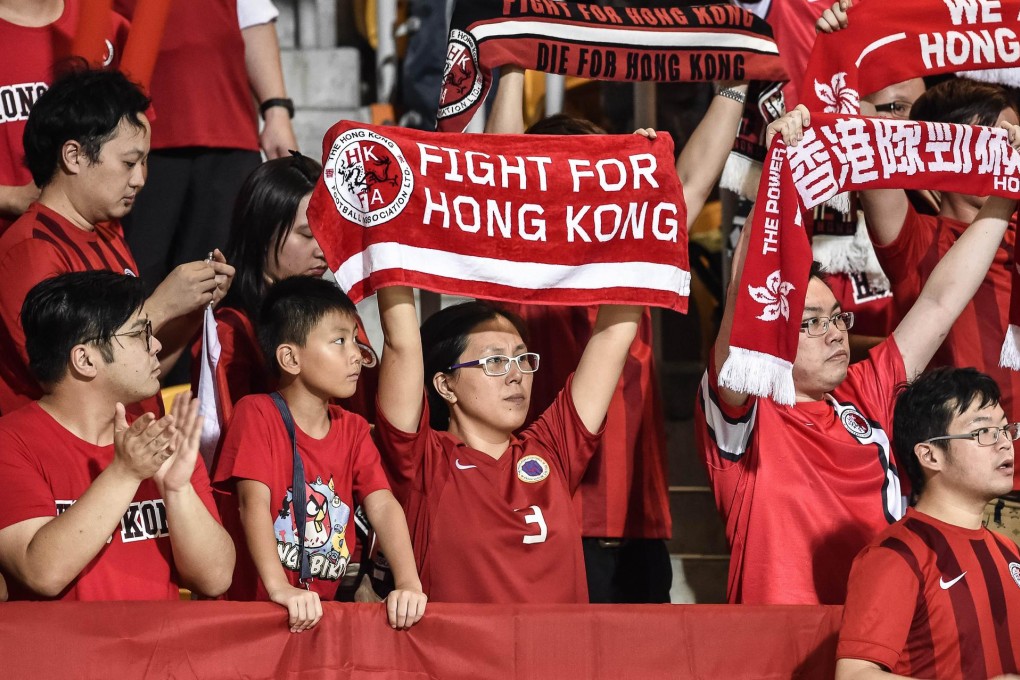
I refer to the letter by Vincent Chow, for the director of electrical and mechanical services ("Standing still effective way to prevent escalator accidents", September 14).
On what evidence does Mr Chow base his claim that escalators "are not designed to be walked on"?
Escalators all over the world are designed to be walked on, and have been for more than 100 years. It would be grossly irresponsible to design them any other way. Most responsible, fit adults will walk on them, quite safely, if given the chance.
He says: "Most escalator accidents in Hong Kong are due to inappropriate passenger behaviour". Of course they are: almost all accidents, of any type, in any situation, are due to inappropriate behaviour. No sensible person would dispute that.
However, he does not give any examples of inappropriate behaviour on escalators, so I will do it for him.
It comprises running, racing, sitting on the handrail, trying to travel in the "wrong direction", using and concentrating on a phone and (a common habit of people standing) facing backwards to talk to someone behind. But it also includes blocking, or partially blocking, the side where people are trying to walk.